Traveler expectations are changing rapidly as digital and contactless forms of communication become more popular across the hospitality industry. Today’s travelers expect to be able to check into their flights through mobile apps, buy train tickets online, and communicate with their accommodation providers through text.
Read on to learn more about emerging trends related to guest messaging that are sure to change the industry as we know it.
4 Trends in Guest Messaging
Below you will find four guest messaging trends to meet today’s traveler’s expectations.
1. Digital Check-in
The days of waiting in long lines upon arrival to your hotel after traveling for hours (and sometimes days!) are finally gone. Since the pandemic’s start, mobile/digital check-in has increased by 66% and is here to stay.
Guest experience platforms allow hoteliers to request guest information digitally before arrival to streamline the check-in process. This provides increased flexibility and convenience for guests, as they no longer have to rifle through their bags at check-in or rush to meet staffed front desk hours. For staff, digital check-in saves time and allows them to personalize a guest’s arrival. For example, through digital registration, you can inquire about any special occasions or requests ahead of time and have a surprise waiting for guests upon check-in.
2. Conversational Commerce
Creating upsell opportunities that cater to different guest demographics is critical to increasing revenue and guest satisfaction. To capitalize on pre-existing guest purchase intent, hoteliers can use conversational commerce via guest experience platforms to create upsell campaigns and add-ons.
Providing guests the option to upgrade their room, pay for a late check-out, or have a bottle of champagne on ice for arrival, are just a few examples of upsell opportunities. To get the most out of your conversational commerce strategy, it’s recommended that you create upsell campaigns for each demographic of guests that you cater to.
For example, suppose you run a beach hotel that caters to families. In that case, you could send an automated pre-arrival message via SMS or messenger offering add-ons such as a snorkel excursion, an upgrade to a “family suite,” or in-room babysitting services.
3. Mobile Usage
It’s no surprise that texting was the most preferred form of communication while traveling across Gen-Z, Millennials, Gen-X, and Baby Boomers. Travelers of all ages expect to be able to communicate with their hotel through whatever channels are most convenient for them, with SMS topping this list. Being able to make a reservation, check into a hotel, or order room service through their phone is a priority. It presents an opportunity for hoteliers to send additional offers and messages through text to generate more revenue.
With SMS capabilities, hotels can send pre-arrival text messages with links to add-ons or upsells, confirm check-in times, and provide further property information like parking details. During their stay, guests can easily communicate with hotel staff through text messages to request room service or alert the team to any maintenance issues. Post-stay surveys can be sent after departure to gather feedback and help make improvements.
4. AI Automation
Travelers expect instant access to information and are accustomed to getting immediate answers to their questions. With the help of artificial intelligence, hoteliers can meet this demand through automated chatbots. Chatbots are applications that respond intelligently to human interactions, eliminating the need for employee intervention. They are a great tool on a hotel’s website to answer questions, provide more information, and help travelers complete their bookings. AI can be preprogrammed or utilize natural language processing to provide more personalized experiences.
For example, a potential guest may use a hotel’s live chat on their website to ask about availability and receive an immediate answer from an AI bot with integration into the booking engine. From here, travelers can easily select their dates and book directly within the chatbot.
Getting Started With Guest Messaging
Before getting started with a guest experience platform, you first need to understand your different guest demographics and their preferred forms of communication and digital interactions. It would help if you offered multiple channels, like a messenger (Facebook, Whatsapp, WeChat), SMS, and chatbots, to interact with guests through their preferred channels. With guest engagement platforms, you can manage these channels through a unified inbox to simplify communication.
Hotel software, like guest messaging platforms, plays a pivotal role in helping hoteliers facilitate these digital and contactless touchpoints to deliver remarkable experiences. These solutions have also proved to be beneficial in increasing efficiencies with smaller teams – an issue many hoteliers have faced post-pandemic.
Free Guest Satisfaction Survey Templates
Hoteliers may learn what their hotel is doing well and where it needs to improve by monitoring satisfaction levels through guest surveys. The bottom line benefits from satisfied customers’ recommendations and repeats business.
Click here to download the “Guest Satisfaction Survey Templates”.
Adopting a guest experience platform can help you to build a comprehensive communication strategy that follows the guest journey from pre-booking to post-stay. With meaningful touchpoints along each phase of the journey, you can deepen your relationships with guests and incorporate more upsell and add-on opportunities. Staying current with new trends and delivering on guest expectations can help your property remain competitive and encourage repeat business.
More Tips to Grow Your Business
Revfine.com is the leading knowledge platform for the hospitality and travel industry. Professionals use our insights, strategies, and actionable tips to get inspired, optimize revenue, innovate processes, and improve customer experience.Explore expert advice on management, marketing, revenue management, operations, software, and technology in our dedicated Hotel, Hospitality, and Travel & Tourism categories.

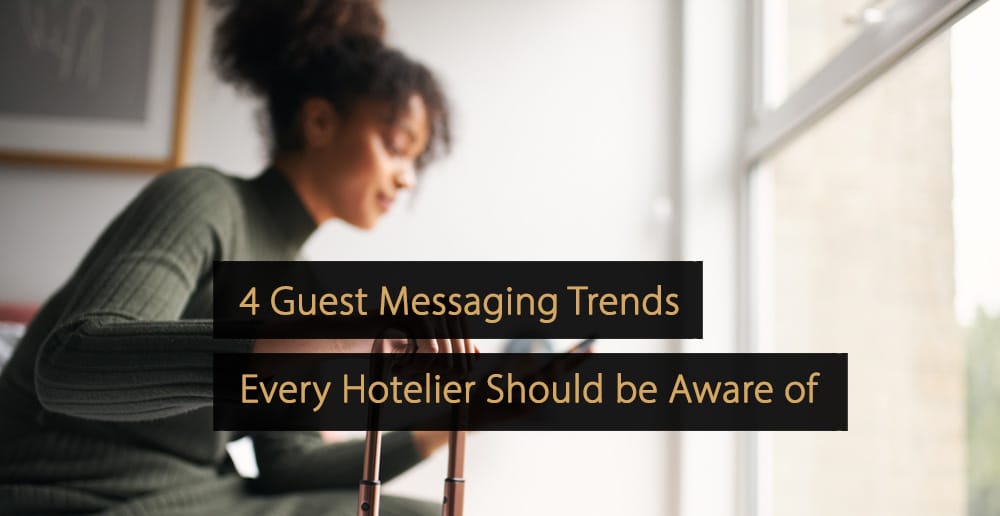

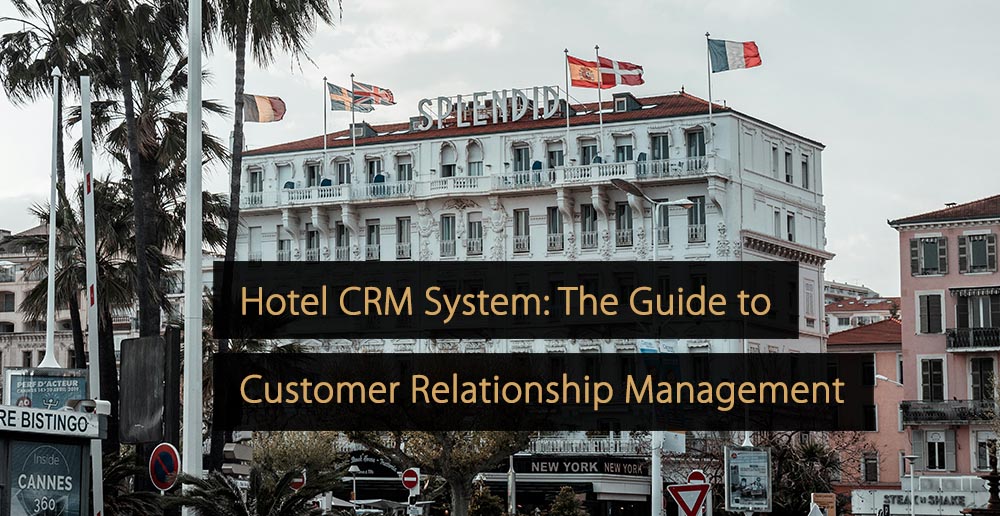
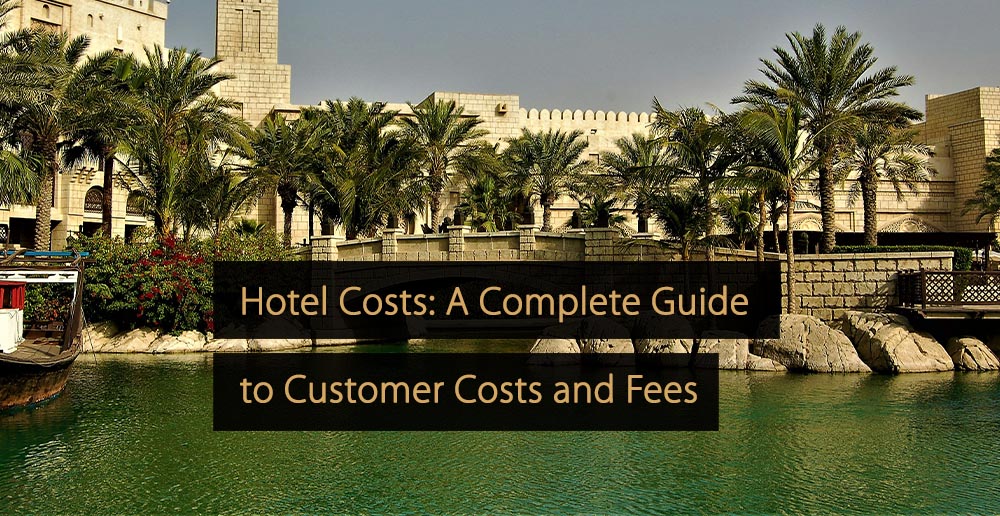
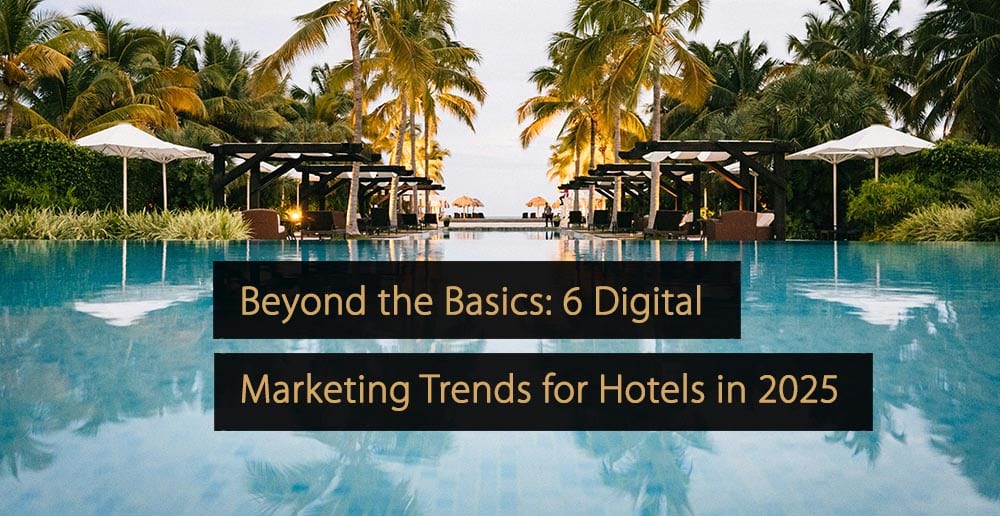
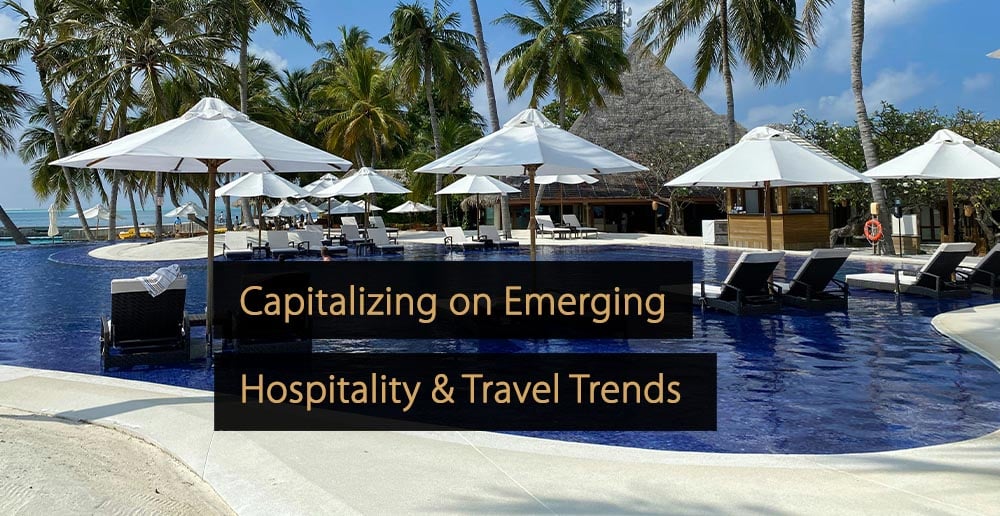
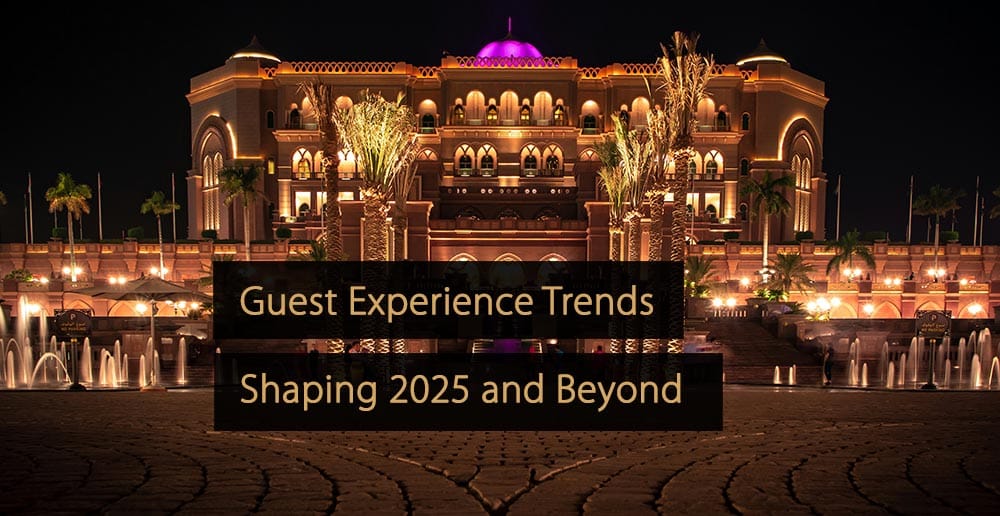
Leave A Comment